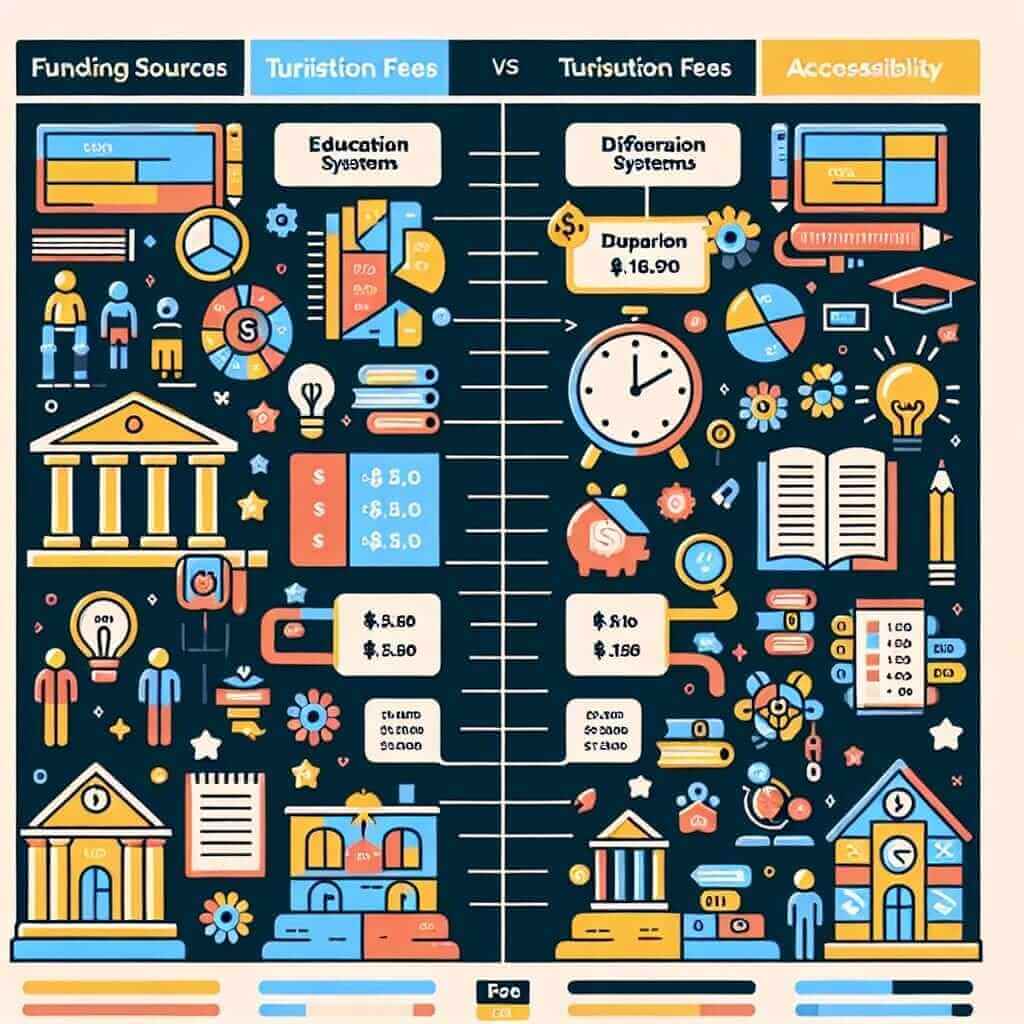As an IELTS instructor with over 20 years of experience, I often encounter students who feel anxious about the IELTS Speaking test. One common concern is encountering unfamiliar or complex topics. Rest assured, the key to success lies in preparation and understanding how to structure your responses effectively. This article focuses on the commonly asked question, “Is education free in your country?”, providing you with the tools to confidently tackle this topic and similar ones during your IELTS Speaking exam.
Understanding the Question’s Purpose
Examiners ask, “Is education free in your country?” not just to gather information about your country’s education system, but also to assess:
- Vocabulary: Can you discuss concepts like “free education”, “tuition fees”, “public funding”, “private schools” etc. with accuracy and range?
- Grammar: Can you use complex sentence structures and tenses accurately while discussing this topic?
- Fluency and Coherence: Can you speak smoothly and logically connect your ideas about education in your country?
- Pronunciation: Can you be easily understood by the examiner while discussing this topic?
Structuring Your Response
While the specific details will vary based on your country, here’s a general structure to follow:
1. Direct Answer: Begin with a clear and concise answer to the question.
- Example 1: (If education is free) “Yes, in my country, [Country Name], basic education is provided free of charge to all citizens.”
- Example 2: (If education has costs) “Well, it’s not entirely free. While primary and secondary education are largely funded by the government, there are still some costs involved, such as…”
2. Elaboration and Explanation: This is where you provide details and context.
- Free Education Example: “The government considers education a fundamental right and invests heavily in public schools. This means citizens are not required to pay tuition fees from primary school up to the end of secondary school.” You can then elaborate on any additional benefits like subsidized transportation or meals.
- Partially Free Education Example: “Parents typically cover expenses like school uniforms, textbooks, and extracurricular activities. University education is also not free. Students usually have to pay tuition fees, although there are scholarships and grants available for those who qualify.”
3. Personalize Your Response (Optional): Briefly share your own experiences or opinions.
- Example: “I feel fortunate to have benefitted from free education. It allowed me to focus on my studies without the financial burden on my family.”
4. Transition and Comparison (Optional): If time permits and it feels natural, you can briefly compare your country’s system to another you’re familiar with.
- Example: “I’ve heard that in some countries, like the United States, even public universities can be quite expensive. I think it’s interesting how different countries prioritize funding for education.”

Example Response:
Examiner: Is education free in your country?
Candidate: “Well, it’s a mixed bag in [Your Country]. Primary and secondary education, up to the age of 18, are free and compulsory. This means parents are required by law to send their children to school, and the government covers the costs of tuition, which eases the financial burden on families. However, university education is a different story. While there are some public universities that receive government subsidies, students generally have to pay tuition fees, which can vary depending on the university and the chosen field of study.”
Tips for Success:
- Practice Speaking: Practice responding to this and similar IELTS Speaking questions aloud. Record yourself to identify areas for improvement.
- Expand Your Vocabulary: Familiarize yourself with vocabulary related to education: “curriculum,” “compulsory,” “vocational training,” “higher education,” “scholarships,” “grants,” etc.
- Stay Updated: Be aware of the current state of education in your country in case the examiner asks follow-up questions.
- Be Authentic: Speak naturally and honestly. It’s okay to pause briefly to think, and it’s better to use simple language you’re comfortable with than to force complex structures that might lead to errors.
Remember, confidence is key. The more you practice, the more confident you’ll become in expressing yourself during your IELTS Speaking test. Good luck!